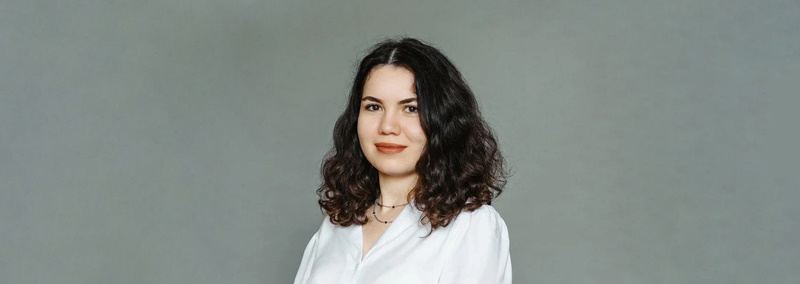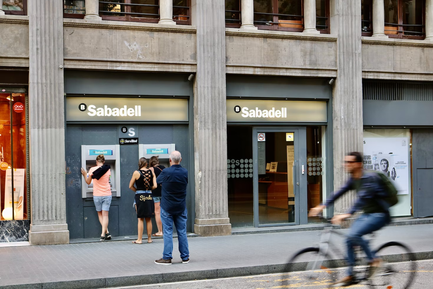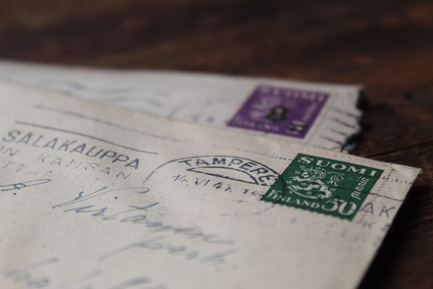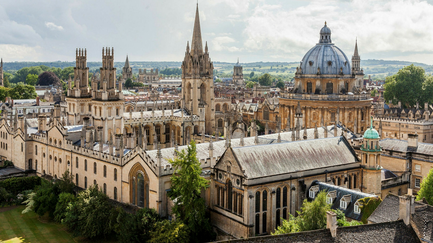
Academic resume is part and parcel of the documents package for postgraduate study entrance. Its main task is to outline and describe briefly the key applicant’s achievements in the chosen field of study. It is important to understand that the academic resume is not a brief summary of the biographical data, but rather a description of those development stages that make an applicant a welcome participant in the university student body. The academic resume should not be longer than 2 pages, even if an applicant is an extremely successful candidate.
Examples of academic resumes written in English
| Specialty | Degree | Link |
|---|---|---|
| Finance | MBA | Download |
| Computer | Master of Science | Download |
| Psychology | Master of Arts | Download |
| Chemistry | Bachelor | Download |
| Geography | Bachelor | Download |
| Theology | Bachelor | Download |
How to start writing the academic resume?
The first thing that an applicant should indicate in the academic resume is his or her name. You do not have to write ‘CV’ or ‘Resume’ because the structure of the document makes it clear. The academic resume does not contain data conventional for the resume of job application, such as age, sex, nationality, etc., because in the world of science achievements are valued and assessed first and foremost, and the emphasis on personal data only highlights the applicant’s conservatism, whereas the motto of the academic world is a desire for diversity and equality. However, it is quite acceptable to indicate contact information in your CV, for example, an e-mail address directly after your name or an actual address which an applicant expects an answer to.
Education
The next item should be the data on the education received indicated in the reverse chronological order. You should put only your degree and the name of the educational institution (of course, school education is not included here). If an applicant already has a master’s degree, in this case it is necessary to indicate the academic advisor’s name and the master’s thesis topic. You can also mention your average diploma score — Grade Point Average (GPA), as well as make a note if you graduated with honors (if it is true).
In this section you can include information about the certificates received and the courses you have done. It is important that they are relevant to the field where an applicant is planning to study.

Awards
The admissions committee members highly appreciate various kinds of awards — scholarships and grants for studying. In this section, you should list all your academic awards and then the rewards received in other spheres, for example, certificates and diplomas for winning sports competitions, etc.
Research experience
The presence of research experience should be certainly mentioned in the resume, which will be a huge advantage for an applicant during postgraduate study entrance. Work as an assistant lecturer at the department, as a personal assistant of a lecturer/professor or practice in the laboratory — all these points are invaluable experience which should be reflected in the applicant’s resume.
For each position the skills obtained in the course of research work are listed: statistical analysis, work with special software, laboratory procedures and so on.
Work experience
As a rule, applicants with work experience relevant to their specialty which was obtained outside their home university are more likely to be admitted to postgraduate programs. If an entrant has work experience which is far from his/her profession, it should be described briefly, without going into detail. Emphasis should be placed on the positions that required an applicant to apply technical or managerial skills, as well as skills that are of value in the chosen postgraduate field of study. For example, the collection and statistical processing of data, work with large amount of information and so on.

Publications, scientific works and presentations
If you have official publications, it will also be a great advantage in the academic resume. They should be written in the form of footnotes: the author of the work, its title, edition and year of publication (again in a reverse chronological order). If there are no publications, an applicant can, as a possible alternative, indicate presentations made at academic conferences or educational events. The topic of the graduation thesis can also be included in this list.
Extra-curricular activities
This section of the resume will be especially relevant for applicants applying for such humane programs as equality studies, volunteer studies, social activism and so on. You can mention participation in the student union, but special attention should be paid to activities that contributed to the formation and development of such qualities as single-mindedness, leadership, organizational skills, an ability to meet deadlines and so on.
Knowledge of foreign languages
An applicant who knows one or more foreign languages at a high level must include this information in the academic resume. If an applicant speaks a foreign language only at the level of a tourist, this should not be mentioned. The applicant’s task is to present skills that will be useful in the course of further studying, so in this section of the resume only those foreign languages which an entrant knows at least at B2 level should be indicated.

Skills
Here it is necessary to highlight special skills that an applicant received during his/her professional or academic activity. In addition, it should not be a standard set of phrases which is found in typical resumes of job application (an ability to work under pressure, being sociable and easy-going, MS Office knowledge, etc.). In this section, you should demonstrate more complicated skills, for example, the ability to work in highly specialized programs. These skills should correspond to the applicant’s academic experience.
References
The last section is a list of professors and lecturers who recommend an applicant as a good candidate. If there are several references in the document package, you should indicate who has written them and their relation to the applicant's activity and occupation (a scientific supervisor, a lecturer, a committee member), as well as their contact information.
5 additional items that will make the resume more interesting, prominent and eye-catching
Several sections described below will help to emphasize the entrant’s strengths and prove him/herself to be an active, learned, sociable and gregarious person with leadership qualities.
Membership in trade unions
Belonging to any trade union or specialized association indicates a candidate's ability to work in a team, his/her desire to cooperate with others and an ability to find a common language with colleagues. It does not matter whether this trade union is connected to the applicant's academic activity or not. This information should be certainly indicated in the resume.
Charity and volunteer activities
Only significant projects should be mentioned in this item, for example, raising funds for an orphanage, organizing language courses for migrants, creating websites for non-profit organizations (shelters, boarding schools, non-profit rehabilitation centers), working as an interpreter at a conference, etc. It is important to point out that all these services were provided on a voluntary basis, i.e., free of charge.
Non-academic publications
As a rule, many young scientists like to share interesting information with their colleagues and friends arranging then their research in small scientific articles, which later become available for reading and discussion on the Internet, in a personal blog. Such platforms, of course, cannot be compared with the publication in a scientific journal, but they demonstrate a candidate’s active life position.
Speech and presentation making as an invited guest
This item can include all non-academic applicant’s speeches and presentations given as an expert in some field. For example, an applicant was invited to a school to tell about his own experience in preparation for and taking the TOEFL exam or about entering a foreign university. This paragraph will be very beneficial to an applicant, since it characterizes him/her as an active person who wants to share his/her experience and knowledge with other people.
Appearances in the media
Young scientists are quite often invited to various news or thematic TV and radio programs, where they act as experts in some topics. Participation in one of these meetings is worth mentioning in case if this program is really noteworthy and is related to the applicant’s academic activity.

Typical mistakes in academic resume writing
- The word ‘Resume’ instead of the name and surname at the beginning of the letter;
- Personal data reference in the academic resume (date of birth, sex, marital status), which is inappropriate for this type of the document;
- When entering a PhD program, data reference on the general certificate of secondary education and awards received during school years;
- Grammar and lexical errors in the document.
Assistance in resume preparation
This article touches upon only some main points concerning academic resume writing procedure. In order to take all details of CV and other documents writing into consideration, you can contact us for professional help. With reference to many years of our professional experience, we can prepare your documents needed for the university application quickly and guarantee 100% admission to the chosen foreign university.
Well-written and formatted documents are the key to successful admission.
Our specialists will help you edit application documents and make them more appealing to the admissions committee.

















